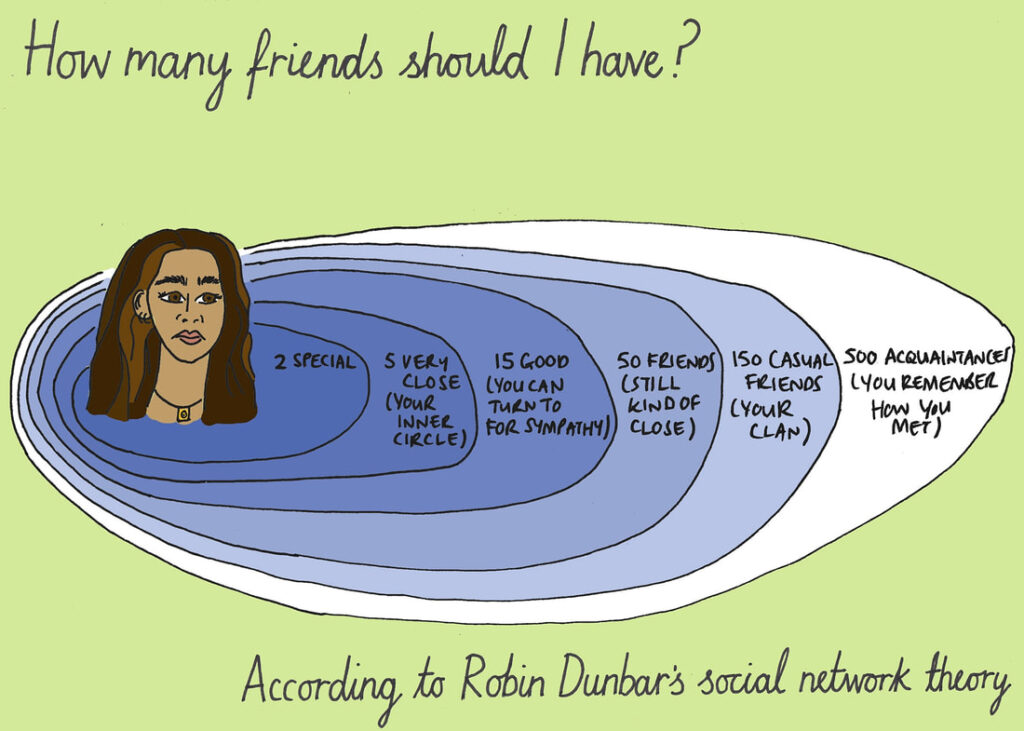Making & Keeping Friends

Making friends as an adult can feel daunting, especially if you’ve recently moved to a new city or find yourself in a new stage of life. It’s easy to feel like you’re the only one struggling to make friends, but the truth is that everyone feels that way at some point or another. The good news is that making friends is a skill that can be learned and practiced. Just like any other skill, the more you invest in it, the better you will become at it. And the benefits of having close friendships are well worth the investment.
So, how can you make new friends as an adult? Here are some tips adapted from “How To Be Well” by Dr. Frank Lipman
Making friends is an important part of life. It’s been shown that connections provide fulfillment, improve longevity, and are a key to professional and personal success.
- Start with a clear intention. A way to make new friends is to simply be open to meeting new people.
- Do something each week that will give you the opportunity to meet new people. Talk to people you meet in line, at the gym, or in class. Don’t be afraid to strike up a conversation.
- Be proactive. If you feel a connection with someone, put yourself out there and invite them to hang out.
- Follow Up. If you meet someone you like, invite them out soon after.
- Say yes. If you are invited to do something then accept the invitation.
- Meaningful conversations to build connection. Try to transition from small talk to more meaningful conversations so that you can get to know someone.
- Listen. Try to listen intently to what your new friend is saying.
- Go on adventures with your new friend. Shared experiences build stronger bonds.
- Find a shared interest. What activities do you enjoy? Many friendships are sparked on a team, in a gym or through volunteering. One way is to join a club or organization that interests you. This will allow you to meet people with similar interests.
- Think creatively. Maybe take your dog to a new dog park. Or look for clubs for people who have animals similar to yours.
- There will be rejection. That is part of the process. Try not to take the rejection too personally. That person might just not have room for you in their tribe right now.
Making friends is an important part of life that should not be overlooked. By taking the time to invest in friendships, you can improve your overall fulfillment, longevity, and success.
Understanding friendships is helpful to refer to renowned friendship researcher Robin Dunbar PhD, an evolutionary psychologist at Oxford University says that our apple basket of relationships has an average of 150 people in it. This 150 figure is referred to as “Dunbar’s number“. Now it might seem high, but what Dunbar is looking at is the number of relationships the brain can handle at one time. This includes family, best friends, acquaintances, workmates, even the bartender you know by name. So they’re friends of a wide range of types.
This number is based on the size of the neocortex, which is the part of the brain that is responsible for social cognition. Dunbar’s research has shown that the average person can maintain a maximum of 150 close friends, 500 acquaintances, and 1500 people in their extended social network.
All of these numbers (and many non-numeric insights about friendship) appear in Dunbar’s book, Friends: Understanding the Power of Our Most Important Relationships.
